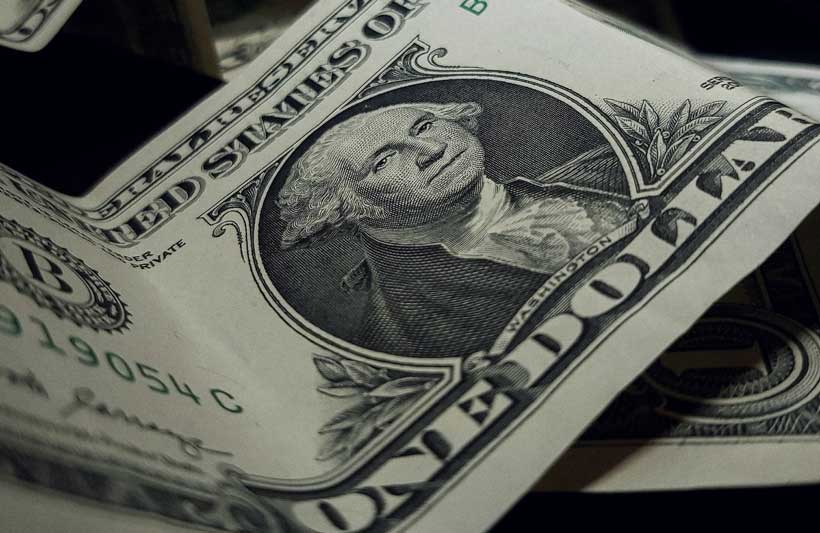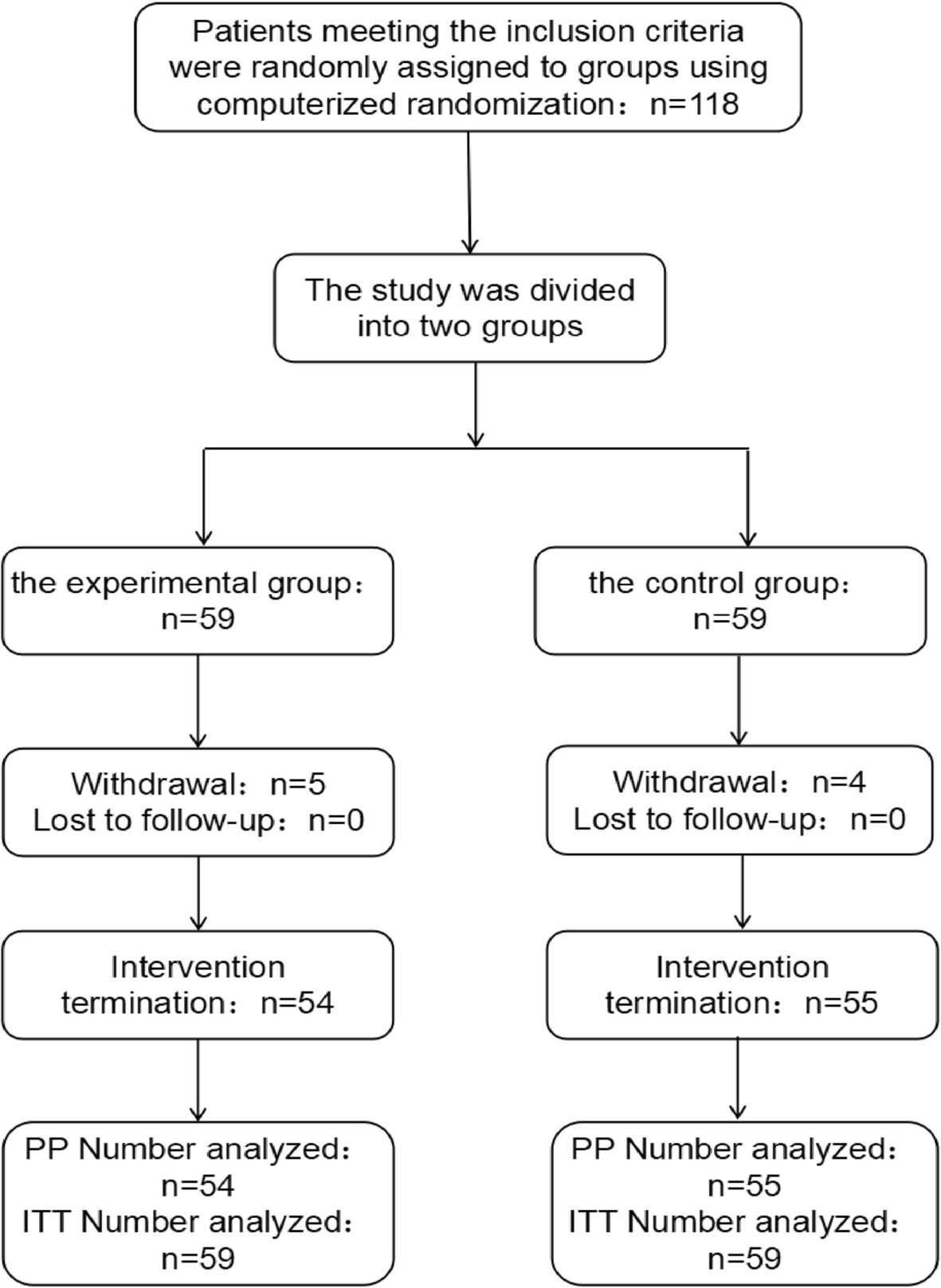The dollar declined on Friday after President Donald Trump threatened to raise tariffs on China, raising worries about the trade war’s impact on the U. S. economy. Trump also mentioned he might cancel a meeting with Chinese President Xi Jinping and criticized China for expanding rare earths export controls. This led to an increase in the euro and yen against the dollar, while currencies tied to commodities, like the Australian dollar, dropped. Juan Perez from Monex USA noted that this situation creates uncertainty for the U. S. economy and raises concerns about potential Chinese retaliation.
The dollar index fell 0.4% to 98.99 but is still expected to gain 1.66% for the week, its biggest increase since September 2024. Meanwhile, traders are waiting for details on when the U. S. federal government will reopen and release key economic data. The U. S. Bureau of Labor Statistics will publish September’s consumer inflation report on October 24, which is crucial for Social Security adjustments in 2026. Several Federal Reserve officials voiced concerns about inflation risks in their last meeting.
Eric Theoret from Scotiabank stated that central banks, including the Fed, are carefully considering inflation when making policy decisions. Traders currently see a 97% probability of a 25 basis point rate cut by the Fed in October, with a 92% chance of another cut in December.
The Japanese yen has weakened this week due to concerns that the Bank of Japan may not raise interest rates after fiscal dove Sanae Takaichi’s surprising election as party leader. Japanese Finance Minister Katsunobu Kato expressed worries over excessive volatility in the foreign exchange market. The yen improved by 0.86% against the dollar, standing at 151.73 yen per dollar, yet the dollar is poised for a weekly gain of 2.9%, its largest since September 2024.
The euro rose 0.38% to $1.1607 but is still expected to have its biggest weekly decline since July, influenced by political unrest in France. President Emmanuel Macron is seeking consensus among political leaders to name a new prime minister, which is crucial amid concerns about a growing deficit. Meanwhile, the Canadian dollar strengthened against the dollar after news of unexpected job gains in September, rising 0.15% to C$1.40 per dollar. In the cryptocurrency market, bitcoin dropped 2.98% to $117,568.
With information from Reuters









